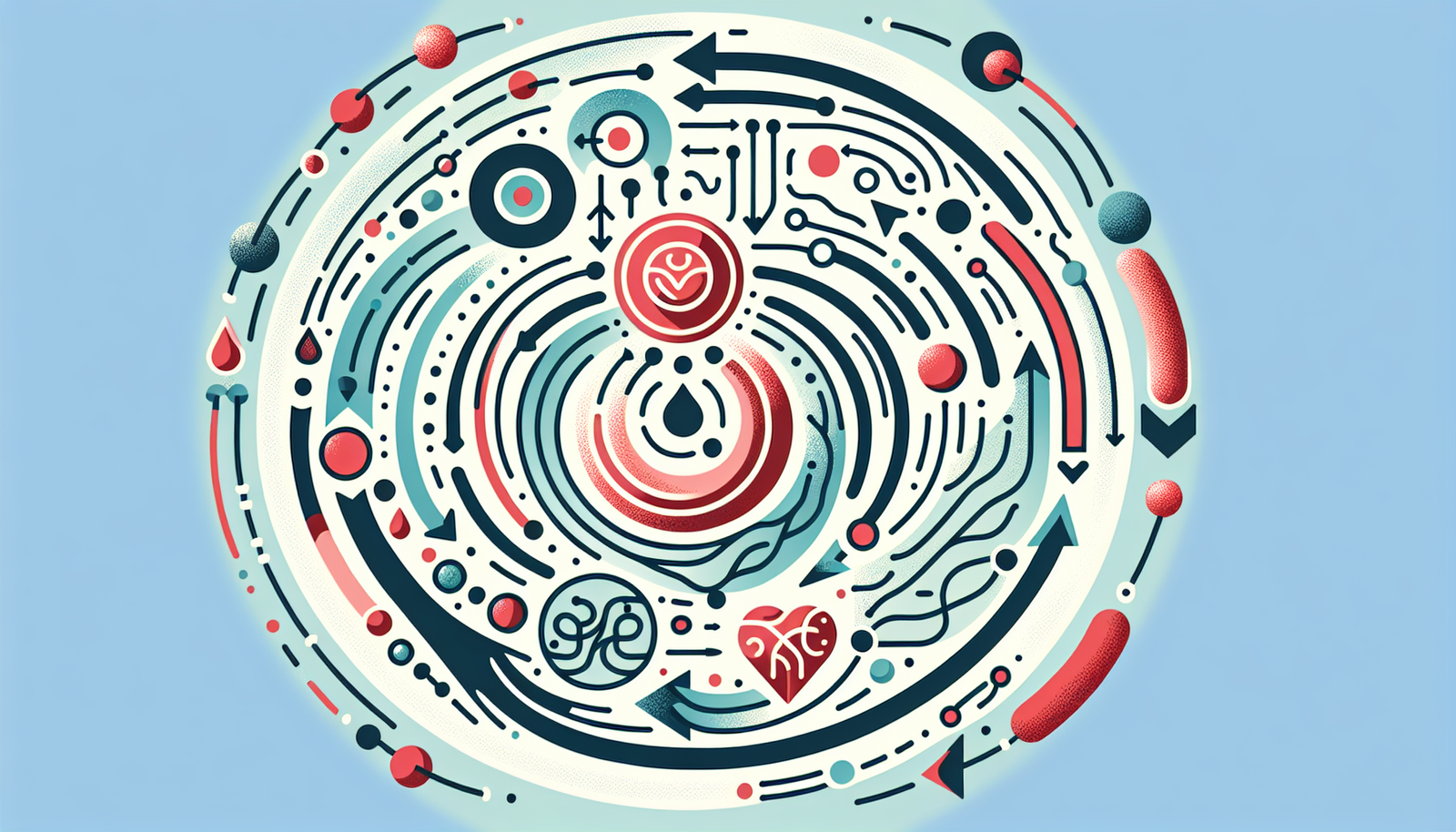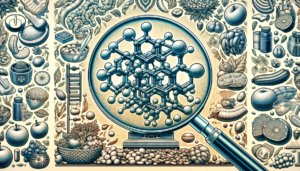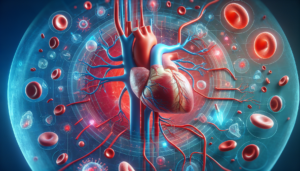Natural Remedies for Lowering Cholesterol
Natural Remedies for Lowering Cholesterol
Lowering cholesterol levels is essential for maintaining heart health and preventing cardiovascular diseases. While medications can help manage cholesterol levels, many individuals seek natural remedies to complement or replace medical approaches. This article explores various effective natural remedies that can help lower cholesterol levels, backed by research and practical advice.
Understanding Cholesterol
Cholesterol is a waxy substance found in your body’s cells. It is essential for producing hormones, vitamin D, and bile acids that help digest fat. Cholesterol travels through the bloodstream in two main forms: Low-Density Lipoprotein (LDL) and High-Density Lipoprotein (HDL). LDL is often termed "bad cholesterol" because high levels can lead to plaque buildup in arteries, while HDL, known as "good cholesterol," helps remove cholesterol from the bloodstream.
Natural Remedies to Lower Cholesterol
1. Dietary Changes
Diet plays a critical role in managing cholesterol levels. Here’s how adopting specific dietary practices can help:
-
Increase Soluble Fiber Intake: Foods high in soluble fiber help reduce LDL cholesterol. Sources include oats, barley, beans, lentils, fruits (such as apples and citrus), and vegetables. A diet rich in these foods can lower cholesterol by binding to cholesterol in the digestive system and helping to eliminate it from the body.
-
Eat Heart-Healthy Fats: Replace saturated fats found in red meat and full-fat dairy products with unsaturated fats. These are present in olive oil, avocados, and certain nuts (almonds and walnuts). Research shows that unsaturated fats can help lower LDL cholesterol levels.
-
Incorporate Omega-3 Fatty Acids: Fatty fish such as salmon, mackerel, and sardines are rich in omega-3 fatty acids, which are known to lower triglycerides and may raise HDL cholesterol levels. The American Heart Association recommends consuming at least two servings of fish weekly.
-
Add Plant Sterols and Stanols: These substances, found in margarine, orange juice, and yogurt drinks, can lower cholesterol absorption in the intestines. Consuming 2 grams of plant sterols or stanols daily can reduce LDL cholesterol levels by 5% to 15%.
- Limit Processed Foods and Sugars: Processed foods high in trans fats can negatively impact cholesterol levels. Avoid snacks, baked goods, and other products that contain partially hydrogenated oils, sugar, and refined carbohydrates.
2. Herbal Remedies
Certain herbs have been found beneficial in managing cholesterol levels:
-
Garlic: Garlic has been widely studied for its cholesterol-lowering effects. Allicin, a compound found in garlic, has been shown to reduce LDL cholesterol and triglycerides. Consuming fresh garlic can offer health benefits, although supplements are also available.
-
Guggul: This traditional Ayurvedic herb has shown promise in lowering LDL cholesterol and triglycerides. Guggulipid, a resin derived from the guggul tree, has been used for centuries in Indian medicine and is available in supplement form.
-
Artichoke Leaf Extract: Some studies suggest that artichoke leaf extract may help lower cholesterol by enhancing bile production and reducing cholesterol synthesis in the liver. Available as supplements, it may offer a significant reduction in total cholesterol levels.
-
Fenugreek Seeds: Fenugreek seeds are high in soluble fiber, which can help lower cholesterol levels. Soaking the seeds overnight and consuming them can improve lipid profiles. Both whole seeds and powder can be added to meals.
- Turmeric: Curcumin, the active ingredient in turmeric, has anti-inflammatory and cholesterol-lowering effects. Including turmeric in your diet, whether as a spice or in supplement form, can support heart health.
3. Lifestyle Modifications
In addition to dietary changes and herbal supplements, making certain lifestyle adjustments can greatly impact cholesterol levels.
-
Regular Physical Activity: Engaging in physical activity raises HDL cholesterol and lowers LDL cholesterol levels. Aim for at least 150 minutes of moderate aerobic activity or 75 minutes of vigorous activity each week. Activities such as brisk walking, cycling, and swimming can improve heart health.
-
Maintain a Healthy Weight: Losing even a small amount of weight can help reduce LDL cholesterol. A balanced diet combined with regular exercise promotes weight loss and improved lipid profiles.
-
Quit Smoking: If you smoke, quitting can improve your HDL cholesterol levels, thus lowering your overall cholesterol profile and enhancing cardiovascular health.
- Limit Alcohol Intake: Moderate alcohol consumption can have a positive effect on HDL levels, however, excessive drinking can lead to various health issues, including higher cholesterol levels. Limit alcohol to one drink per day for women and two for men.
4. Mindfulness and Stress Management
Chronic stress can negatively affect cholesterol levels and overall cardiovascular health. Incorporating mindfulness practices can help manage stress:
-
Meditation and Deep Breathing: Regular practice of meditation and deep breathing exercises can help lower stress hormones and possibly improve cholesterol levels.
- Yoga and Tai Chi: These practices combine physical activity, mindfulness, and relaxation techniques, all of which can help lower stress and potentially improve cholesterol levels. Engaging in them regularly is advantageous for both mental and physical health.
5. Supplements
Certain supplements have been scientifically validated for their cholesterol-lowering capabilities:
-
Psyllium Husk: This soluble fiber supplement can help reduce cholesterol levels when consumed regularly. It works by binding cholesterol in your digestive system, helping to eliminate it from the body.
-
Coenzyme Q10 (CoQ10): Some studies indicate that CoQ10 supplementation can help manage cholesterol levels, particularly for those taking statins. It may aid in restoring natural levels of CoQ10 depleted by these medications.
- Niacin: Also known as vitamin B3, niacin can help raise HDL cholesterol while lowering LDL cholesterol and triglycerides. Speak with a healthcare professional before starting any niacin supplementation, as high doses may result in side effects.
6. Regular Check-Ups
Consistent monitoring of cholesterol levels is essential. Regular check-ups can help gauge the effectiveness of dietary and lifestyle changes:
-
Know Your Numbers: Understand your total cholesterol, LDL, HDL, and triglyceride levels. These numbers can help facilitate discussions with your healthcare provider about the best strategies for managing your cholesterol.
- Stay Informed: Research new natural remedies and approaches to lowering cholesterol. Keeping informed allows for better, more tailored health decisions.
7. Community and Support
Connecting with community health initiatives or support groups can provide valuable resources and encouragement for maintaining healthy cholesterol levels:
-
Join Group Programs: Many organizations offer programs focusing on heart health and cholesterol management, providing valuable resources and group support.
- Work with a Nutritionist or Dietitian: A professional can provide personalized advice based on individual health conditions, effectively tailoring dietary approaches to suit your needs.
A Holistic Approach
Combining various natural remedies, from diet to lifestyle changes and supplementing with herbs or vitamins, may provide the best results in managing cholesterol levels. It is crucial to approach heart health holistically, considering physical, dietary, and emotional aspects together for optimal results. Always consult healthcare professionals before making significant changes to your diet or lifestyle, especially if you are on medication or have pre-existing health conditions. Understanding and engaging actively in your health can transform and support your journey to better cholesterol management and heart health.








